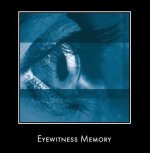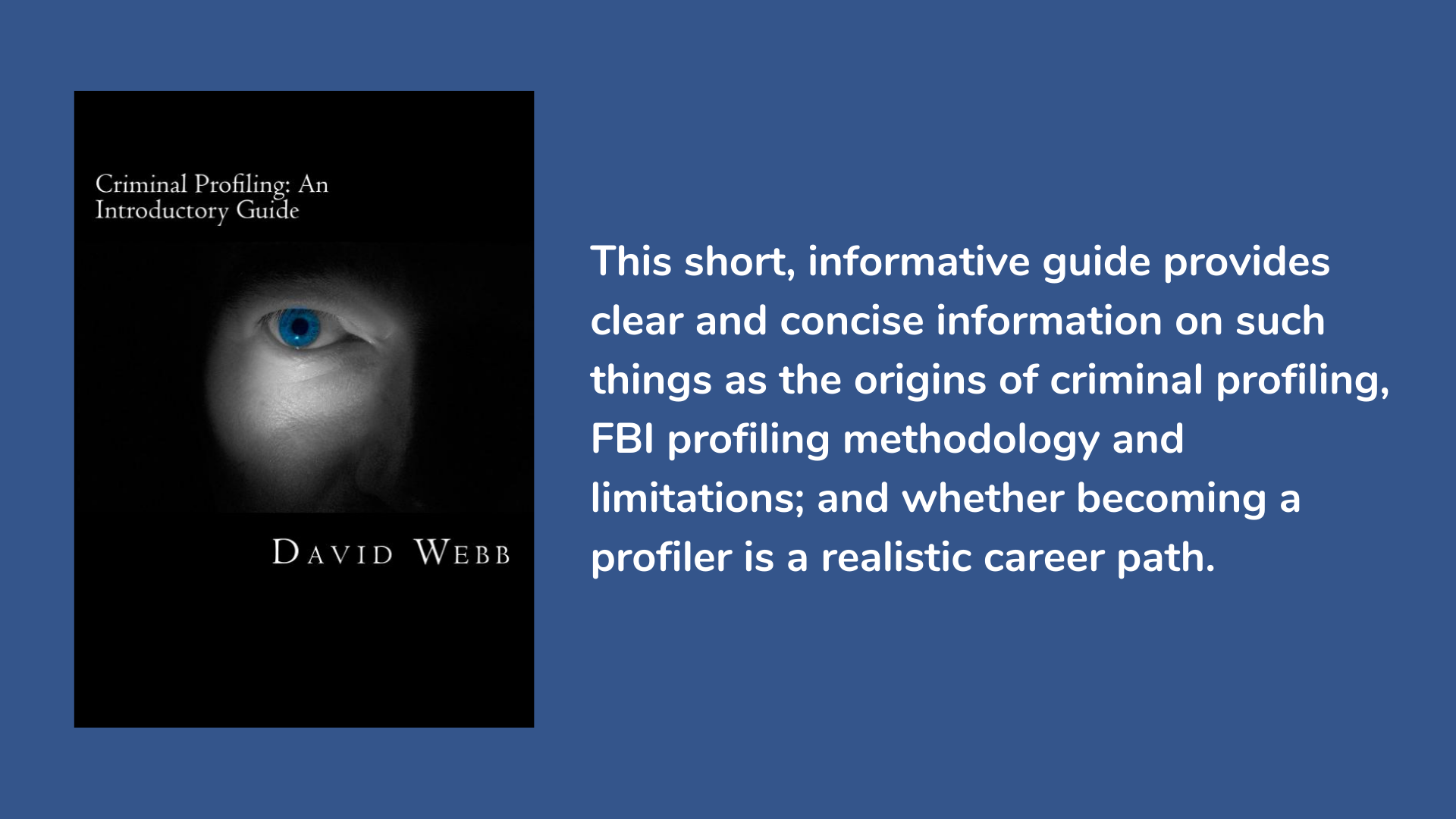Understanding Forensic Psychology
and the Enneagram Test

Forensic psychology is a fascinating and complex field that merges the realms of psychology and the legal system. One intriguing tool being explored within this discipline is the Enneagram test, a personality assessment framework. This article delves into how the Enneagram test can be utilized in forensic psychology, examining its applications, benefits, limitations, and the scientific foundation behind it.
What is Forensic Psychology?
Forensic psychology applies psychological principles to legal issues, often focusing on criminal behavior. Professionals in this field may engage in activities such as:
- Evaluating Competency: Determining if a defendant is fit to stand trial.
- Assessing Risk: Evaluating the likelihood of reoffending.
- Providing Expert Testimony: Offering psychological insights in court cases.
- Criminal Profiling: Creating profiles of suspects based on psychological traits.
Overview of the Enneagram Test
The Enneagram test categorizes individuals into one of nine distinct personality types, each with its unique patterns of thinking, feeling, and behaving. These types are:
1. The Reformer: Rational, idealistic, principled.
2. The Helper: Caring, interpersonal, generous.
3. The Achiever: Success-oriented, adaptive, driven.
4. The Individualist: Sensitive, withdrawn, expressive.
5. The Investigator: Intense, cerebral, perceptive.
6. The Loyalist: Security-oriented, engaging, responsible.
7. The Enthusiast: Busy, variety-seeking, spontaneous.
8. The Challenger: Powerful, dominating, self-confident.
9. The Peacemaker: Easygoing, accommodating, supportive.
These types provide deep insights into human motivations and behaviors, which can be insightful in a forensic context.
Application of the Enneagram Test in Forensic Psychology
Personality Assessment and Profiling
- Understanding Criminal Behavior: The Enneagram test can help forensic psychologists understand the underlying motivations and fears driving criminal behavior. For example, a Type 8 individual (The Challenger) may commit crimes due to a fear of being controlled or vulnerable.
- Profiling Suspects: By analyzing personality types, psychologists can create more accurate profiles of suspects. This can aid law enforcement in narrowing down their search and understanding potential behavioral patterns.
Case Studies and Examples
Incorporating real-life examples where the Enneagram test has been used effectively can illustrate its practical applications. For instance:
- Case Study 1: A forensic psychologist uses the Enneagram to understand the motivations behind a series of arson attacks by an individual identified as a Type 4 (The Individualist). This insight helps in developing a tailored intervention strategy.
- Case Study 2: During a criminal investigation, profiling a suspect as a Type 6 (The Loyalist) aids in predicting their next move based on their need for security and fear of betrayal.
Advantages and Limitations
Advantages
- Deep Psychological Insights: The Enneagram provides a nuanced understanding of personality, which can enhance the accuracy of psychological assessments.
- Versatility: It can be applied in various forensic contexts, from profiling to rehabilitation.
Limitations
- Empirical Validation: While popular, the Enneagram lacks the rigorous scientific validation of other psychological tools like the MMPI.
- Subjectivity: The interpretation of results can be subjective, potentially leading to bias.
Scientific Basis and Criticism
Supporting Research
Several studies have explored the Enneagram's validity and reliability:
- Validation Studies: Research has shown that the Enneagram can predict certain personality traits and behaviors, though more empirical studies are needed.
- Comparative Analysis: Comparisons with other personality assessments, such as the Big Five, indicate that while the Enneagram offers unique insights, it should be used alongside more established tools.
Criticism
- Lack of Empirical Support: Critics argue that the Enneagram's theoretical foundations are not as robust as other psychological models.
- Potential for Misuse: Without proper training, practitioners might misuse the Enneagram, leading to incorrect assessments.
Conclusion
The Enneagram test, with its intricate mapping of personality types, offers valuable insights that can enhance the practice of forensic psychology. While it has its limitations and requires further empirical validation, its potential to deepen our understanding of human behavior and aid in criminal profiling and assessment is significant. As forensic psychology continues to evolve, integrating tools like the Enneagram can provide a more holistic approach to understanding and addressing criminal behavior.
Recent Articles
-
All About Forensic Psychology
Mar 13, 25 06:30 AM
A forensic psychology website designed to help anybody looking for detailed information and resources. -
Eyewitness Memory
Jan 21, 25 04:52 AM
Learn about the psychology of eyewitness memory and testimony -
The Study and Practice of Forensic Psychology: A Comprehensive Review
Aug 23, 24 04:40 AM
Learn all about the study and practice of forensic psychology
Go From Understanding Forensic Psychology and the Enneagram Test Back To The Home Page



